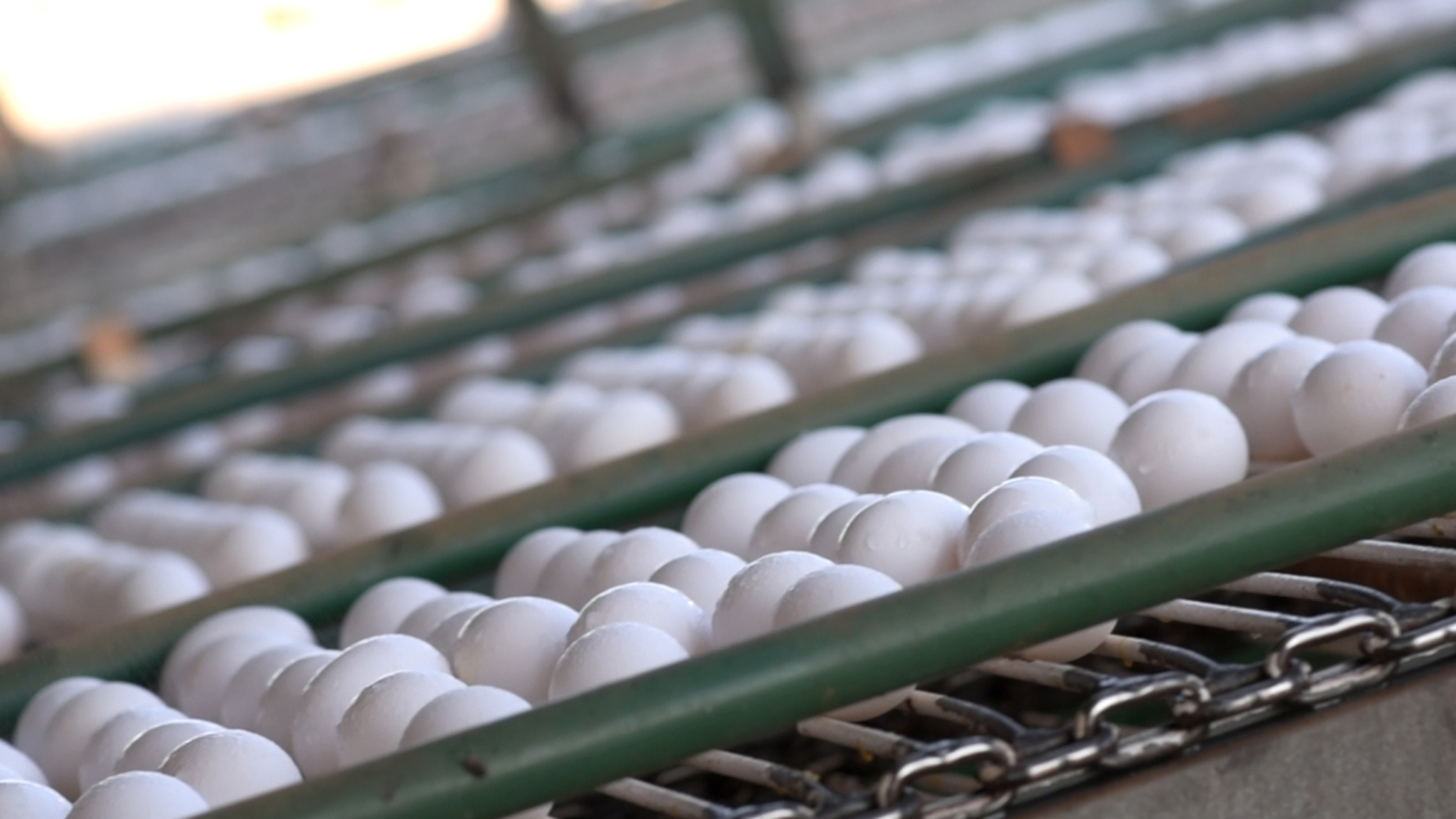São Paulo – The United Arab Emirates remained the leading destination for Brazilian eggs. In 2022, the Arab country imported 4,450 tonnes, a volume 35.6% lower than in 2021. Last year’s highlight, in turn, was Qatar, the host country of the FIFA World Cup, which clinched second place in Brazil’s exports with 1,110 tonnes, an amount 127.8% higher than the previous year. Third came Japan, with 1,100 tons, with purchases 6.6% lower than in 2021. Data were released this Tuesday (17) by the Brazilian Association of Animal Protein (ABPA).
“The main countries buying Brazilian eggs are markets with high added value, which yielded substantial revenues for laying poultry, especially in a very challenging year for the sector, which faced record high production costs. The domestic market is and will continue to be the main focus of the producing companies, but year after year, new markets have been opened, and expectations are that, step by step, Brazil will increase its stake in influential markets, such as Mexico,” stated in a release the director of markets at ABPA, Luis Rua.
Total exports
Brazilian exports of eggs, including natural and processed products, shipped 9,470 tonnes in the twelve months of 2022, a volume 16.5% lower than achieved in the previous year, with 11,340 tonnes.
Concerning revenue, the total sales result for the year reached USD 22.42 million, 24.2% up from that reported in 2021. This was the best result recorded since 2015.
In December, egg sales reached 431 tonnes, 82.7% lower than the same month of 2021, 2,500 tonnes. Revenue in the period reached USD 1.29 million, 67.5% down from December 2021.
“While they did not impact the internal supply, egg exports last year generated significant foreign exchange revenue for the country at a critical moment given the historical peak in production costs. In this context, the World Cup brought sound shipment volumes,” said the president of ABPA, Ricardo Santin, in a note.
Translated by Elúsio Brasileiro




